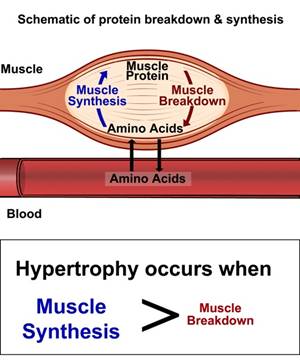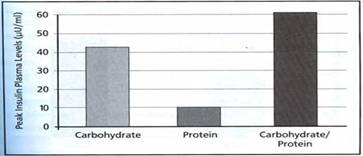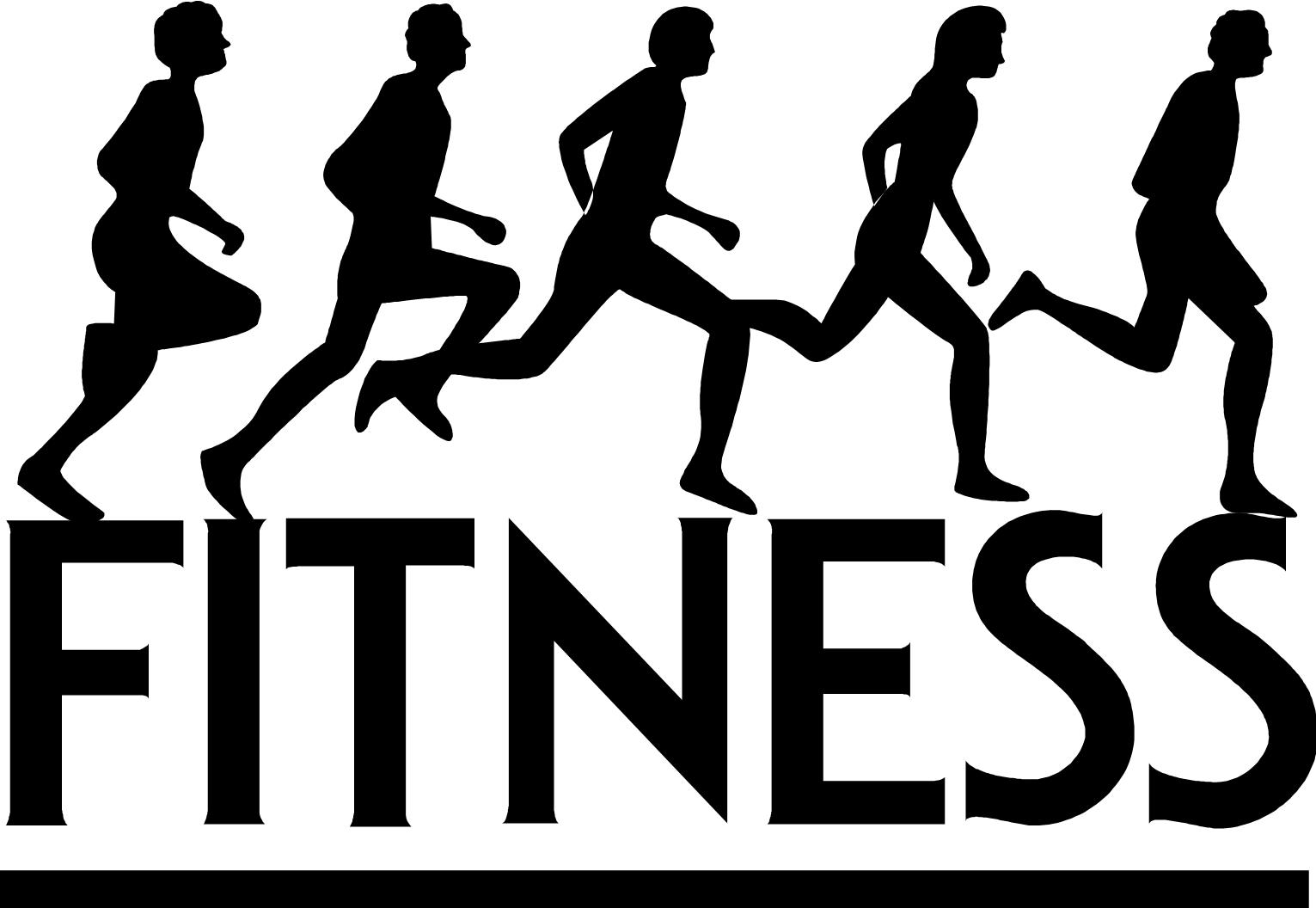by Paul Dexter, copyright dextertraining.com
Skipping your post-workout shake, is an opportunity many clients are missing. The benefits are endless, as you will read below. The idea of skipping a shake to save the “200 calories” as opposed to the benefits of kick-starting your recovery process does more harm than good….. But most of us never seem to skip a glass of wine, or pass up a cookie to save “200 calories” when it’s offered, do we?
Have the shake, give your body the “200 calories” of proper nutrients it needs, and reap the rewards….. Enjoy the following research, and free shake coupon below!!!!
Post-workout nutrition is an intriguing topic and rightfully so. The basic idea is threefold:
- The body deals with nutrients differently at different times, depending on activity.
- What you consume before, during, and especially after your workout is important.
- By consuming particular nutrients after your workouts (aka post-workout nutrition), you improve your body composition, performance, and overall recovery.
Numerous studies have examined everything from the composition of the carbohydrate in post-workout drinks to exact amino acid combinations. Studies continue to reveal effective post-workout nutrition strategies for athletes and recreational exercisers of all types.
Generally, post-workout nutrition has three specific purposes:
- Replenish glycogen
- Decrease protein breakdown
- Increase protein synthesis
In other words, athletes/exercisers want to:
- replenish their energy stores
- increase muscle size and/or muscle quality
- repair any damage caused by the workout
In doing so, they want to increase performance, improve their appearance, and enable their bodies to remain injury-free.
Proposed benefits of good post-workout nutrition include:
- Improved recovery
- Less muscle soreness
- Increased ability to build muscle
- Improved immune function
- Improved bone mass
- Improved ability to utilize body fat
These benefits seem to work for everyone, regardless of gender or age.
Why are workout and post-workout nutrition so important?
When we work out intensely, we damage tissues at the microlevel, and we use fuel.
This is what ultimately makes us stronger, leaner, fitter, and more muscular, but in the short term it requires repair.
Repair and rebuilding occurs through the breakdown of old, damaged proteins (aka protein breakdown) and the construction of new ones (aka protein synthesis) — a process known collectively as protein turnover.
Muscle protein synthesis is increased slightly (or unchanged) after resistance workouts, while protein breakdown increases dramatically. We’re doing a lot more breaking-down than building-up.
The relationship between these two parameters (rate of muscle protein synthesis and muscle protein breakdown) represents the metabolic basis for muscle growth.
Muscle hypertrophy occurs when a positive protein balance can be established during recovery — in other words, when we make sure we have enough raw materials available for protein synthesis to occur, so that it doesn’t lag behind protein breakdown.
This is especially difficult with endurance athletes as protein synthesis drops and protein breakdown goes up.
Protein breakdown and synthesis
Studies show that this trend can be reversed – specifically, protein synthesis is stimulated and protein breakdown is suppressed when you consume the right type of nutrients after exercise.
Protein is not the only concern, however. During exercise sessions, stored carbohydrates can be substantially depleted.
Thus, during the postworkout period, we require protein and carbohydrates.
The raw materials we give our body through the consumption of food/supplements in the workout and post-workout periods are critical to creating the metabolic environment we desire.
What you should know about workout nutrition
Availability
Availability strongly influences the amino acid/glucose delivery and transport.
In other words, in order for our bodies to use raw materials to rebuild and recover, those raw materials have to be available. And if they’re available, then our body is more likely to use them. Simply having the materials around can signal to our body that it’s time to rebuild.
We improve availability in two ways.
- Increased blood flow to skeletal muscle during and after exercise means that more nutrients are floating around more quickly.
- Providing an amino acid and glucose dense blood supply during and after exercise means that the rate of protein synthesis goes up.
Thus, we improve availability by having more blood circulating more rapidly, and by having more nutrients in that blood.
The “window of opportunity”
Some refer to this workout and post-workout phenomenon as “the window of opportunity”.
During this window, your muscles are primed to accept nutrients that can stimulate muscle repair, muscle growth, and muscle strength.
This window opens immediately after your workout and starts to close pretty quickly. Research suggests that while protein synthesis persists for at least 48 hours after exercise, it’s most important to get postworkout nutrition immediately, and within 2 hours afterwards.
If you feed your body properly while this window is open, you’ll get the benefits.
If you don’t provide adequate post exercise nutrition fast enough — even if you delay by only a couple of hours — you decrease muscle glycogen storage and protein synthesis.
As soon as you drop that last dumbbell, you should be consuming some postworkout nutrition.
What to eat
As we’ve mentioned, post-workout nutrition requires two things:
- Protein to aid in protein synthesis
- Carbohydrates to help replace muscle glycogen (and to enhance the role of insulin in transporting nutrients into cells)
You could certainly eat a whole food meal that meets these requirements after exercise.
However, whole food meals aren’t always practical.
- Some people aren’t hungry immediately after exercise.
- Whole food digests slowly, and we want nutrients to be available quickly.
- A whole food meal that requires refrigeration might be less practical.
On the other hand, consuming a liquid form of nutrition that contains rapidly digesting carbohydrates (e.g., maltodextrin, dextrose, glucose, etc) and proteins (e.g., protein hydrolysates or isolates:
- might accelerate recovery by utilizing insulin for nutrient transport into cells;
- can result in rapid digestion and absorption; and
- is often better tolerated during and after workouts.
Combining protein and carbohydrates might aid recovery
Data indicate that it may only take about 20 grams of protein after a workout to maximally stimulate muscle protein synthesis.
Summary and recommendations
With intense workouts/training, start by ingesting 20-30 grams of carbohydrate and 15-25 grams of protein per hour of workout time.
You can sip this during the workout or consume it immediately after.
You can either make your own post-workout drink or find a pre-formulated drink that contains rapidly digesting carbohydrates (e.g., maltodextrin, dextrose, glucose, etc) and proteins (e.g., protein hydrolysates or isolates). Which you will find in our very own DTC shakes from our juice bar.
Once your workout is complete, have a whole food meal within an hour or two.
PRINT and CUT OUT THEN BRING IN TO REDEEM YOUR FREE SHAKE!!!!!*
*(limit one per customer)







